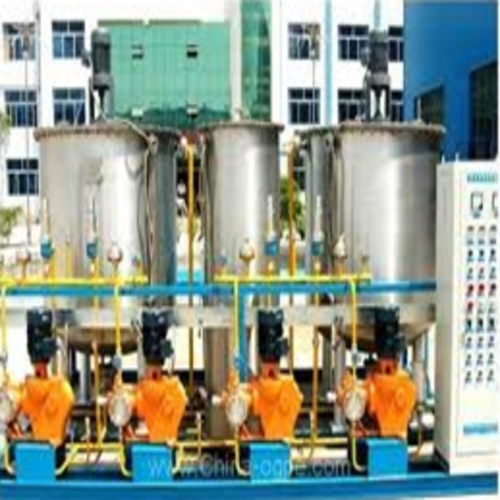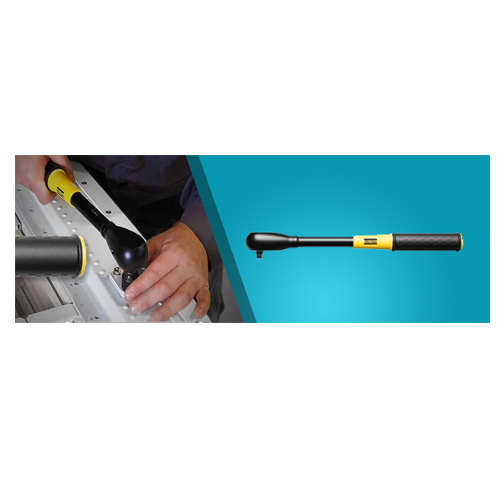Schedule a Call Back
DIAT develops Polymer to Remove Toxic Chemicals from Industrial Waste
 Industry News
Industry News- Feb 04,13
The Pune-based Defence Institute of Advanced Technology (DIAT) has developed a cost-effective way of treating waste water and filtering out ions of hazardous and heavy metals. This is a new breakthrough in environment technology and according to Dr K Balasubramanian, head of the Materials Engineering Division of DIAT, this would help in reducing damage to the environment as the waste water released into rivers post treatment won't cause any harm to marine ecology. The polymer-based product has also led to another interesting discovery: It can separate fine gold particles from industrial water and chemical waste.
As per the DIAT's research paper published on their website, the 'cost-effective polymer matrix system' also incorporates some naturally available additives such as coir (made of coconut husk), molasses, jute, citrus peels and cellulosics. The polymer assembly can filter fine gold particles or nano-gold particles, which are 2 to 4 nanometre in size (a nanometre is a billionth of a metre). This gold has uses in anti-aging and bio-medical patches, anti-fungal and anti-bacterial fabrics and more importantly sensors that can be employed in defence equipment. A provisional patent has been filed for this discovery in July 2012.
The project, started with the help of a Ph.D student, led to the development of a polymer that could filter hazardous metallic ions like mercury, arsenic, copper, nickel, cobalt and chromium. With two IIT students joining the project, an experiment was made on gold ions. "The concentration of gold is measurable in parts per billion, which is miniscule. We kept the polymer in the dye (industrial waste) for over 24 hours and interestingly found pinkish deposits on the polymer. Gold, on the other hand should have been yellow. But nano-gold has pinkish colour and the deposits on our polymer were nothing but nano-gold," Dr Balasubramanian said.
The team of scientists then took the polymer to the river Ganga near Varanasi and tried it on the textile-industrial waste that enters the water. The results were replicated. Compared to conventional effluent-treatment methods, the polymer is a time-saving technique, said Dr Balasubramanian. The added advantage of the polymer is that it can be reused after recovering the gold ions. The application of these systems will now be used in Pune's rivers Mula and Mutha by packing the polymeric materials in eco-friendly meshes and fixing these at various places on the river bed. The meshes can be exchanged on every alternate day or as per the concentration of pollutants in the river.
Related Products

Ozone System
Omnicorp Environs & Infratech Co offers a wide range of ozone systems.

SWR ’Slipping’ Wrenches
Reliable
Trade Links offers a wide range of SWR ’slipping’ wrenches.

Gripping Systems – Rgg
Schunk Intec India Pvt Ltd offers a wide range of Gripping Systems – RGG - cleaning
device with shank interface.

















